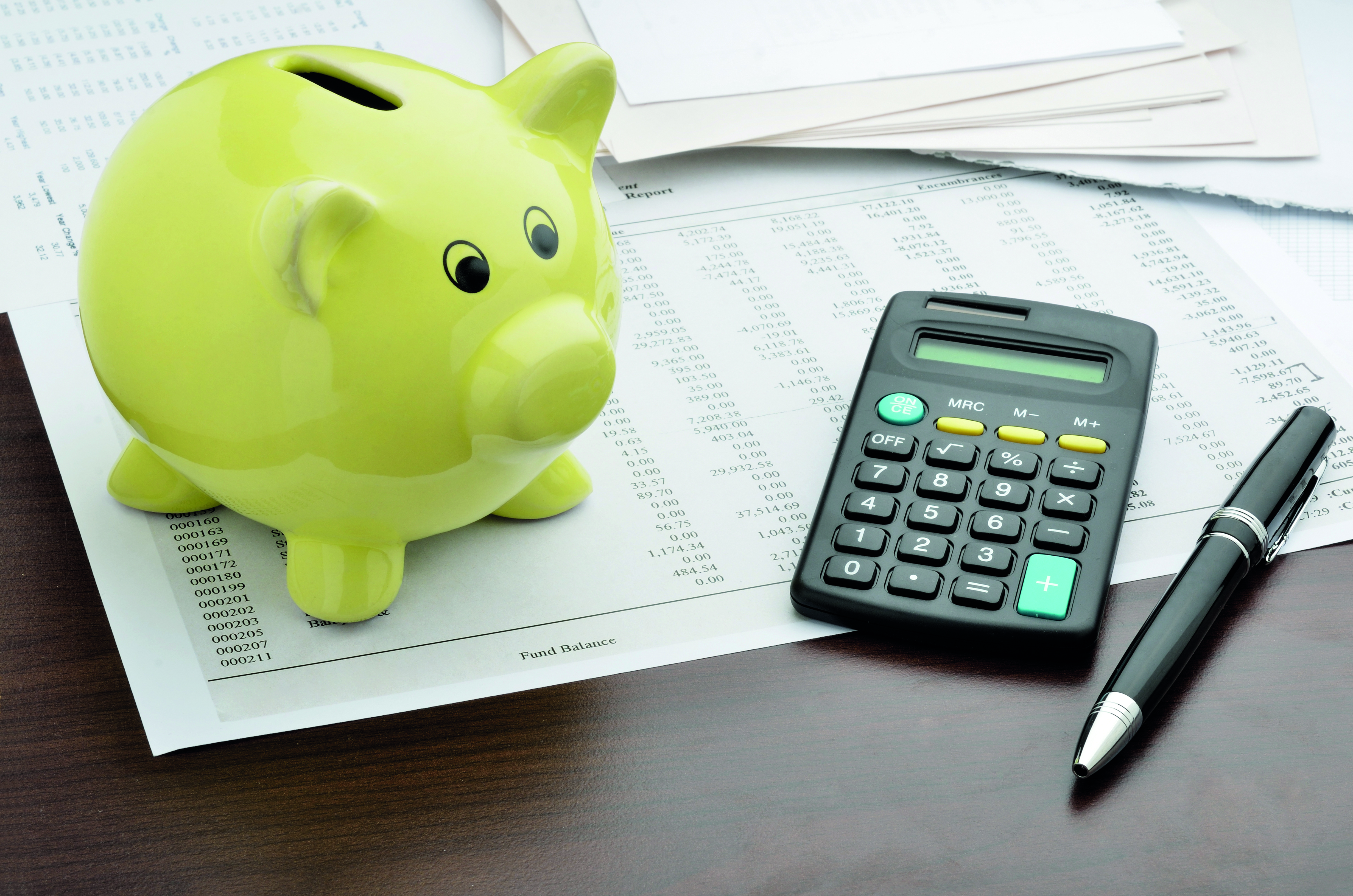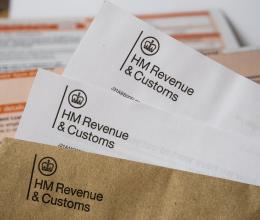Publication featured in the Daily Mail
With the January 31 tax payments deadline imminent, our tax specialists have found that new figures show HMRC charged £80million in interest on late self-assessment payments last year – an increase from £63million in 2020-21.
Taxpayers must file their self-assessment tax returns on time or face a late submission penalty of £100 and interest at the rate of 7.75% on any late paid tax– the highest rate applied by the tax authority for almost 17 years.
“The UK’s January 31 self-assessment tax bills have been increasing year on year,” says Neela Chauhan, tax partner from our London office. “It’s more important than ever to file your self-assessment tax return and pay your self-assessment bill on time – or you’ll face the highest late payment interest rates since 2007.”
Last year’s January 31st self-assessment tax payments reached a five-year high of £22billion, up by 33% from £16.5bn in January 2022. The tax bill is expected to increase again this month. Coupled with the sky-high late payment interest rate, January 31 presents an increasing challenge for many taxpayers.
Neela says: “HMRC charges late payment interest to ensure taxpayers pay their self-assessment tax on time. Individuals who might struggle to pay their tax on time will be hit by penalties unless they negotiate a ‘Time to Pay’ arrangement with HMRC.”
“Anyone struggling to pay their tax bill by January 31 should be proactive in addressing the issue and discuss their payment options with HMRC well ahead of the deadline. Missing the payment deadline is a costly option.”
Individuals must submit self-assessments tax returns if they are self-employed, a partner in a business partnership, or they receive a total taxable income over £100,000.
HMRC interest charged on late self-assessment payments – last year reached £80million





